April 2017

The etymological meaning of the word ‘sāhitya’ is sahitasya bhāvaḥ – the union of several entities. In popular usage, however, it has come to mean a literary work—comprising genres like prose, verse, drama, and novel—that induces delight in its readers. Sāhitya is equivalent to the English word ‘literature.’
Kāvya, which is a generic name given to poem and drama, is the most important form of sāhitya. Belles-lettres, the criticism of literary...
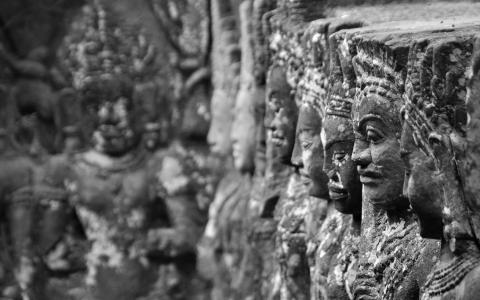
Hinduism is the major religion of India with a worldwide following of over a billion people. In its original and purest form, it is a sanatana dharma (loosely translated as ‘eternal truth’ or ‘timeless religion’) that represents at least 7,000 years of contemplation, tradition, and continuous development in India. One who follows Hinduism is called a ‘Hindu’ (the term originally referred to a person who lived beyond the Sindhu river, i.e. in...

चोरस्सद्मोर्ध्वभेदादररविघटनात्तत्प्रघाणाप्रखाना
देडूकच्छेदनाद्वा विशति यदि गृहं तत्र नो नो विचारः |
किं त्वस्माकं सुरङ्गाकलनयति पुरे घोषयामास यस्मा
त्तस्मादेतत्सुरङ्गाधिप इति बिरुदं प्रोचुरेतत्पुरस्थाः ||
Once, thieves burgled a rich man’s house in a village in the Bobbili province of Andhrapradesh and took away all his belongings. The owner of the house lodged a complaint with the head of the province and asked that the thieves be punished....
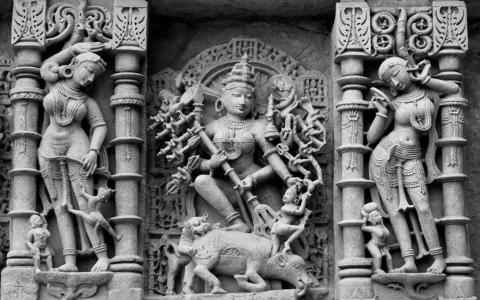
Nature Myths: In novels like ‘Vamshavruksha’, Jalapatha’, ‘Grahana’, ‘Datu’, ‘Parva’, ‘Nirakarana’, ‘Nele’ and some other novels, nature myths, natural phenomena and natural features like rain, spring or change of seasons, rivers, floods, cataracts, eclipses, mountains have been used effectively to reveal the influence of nature on the human situation. The use of rain as a nature myth has been exploited to its maximum limit in Bhyrappa’s magnum...

नारायणस्य शय्यायां भोजनं स्यात्तु नोचितम् |
कथं साधु तदीयादिजन्मभक्षणमेव वः ||
Maṅgaleśvara-śāstri once went on a pilgrimage to Puri to see the deity Jagannātha. When he sat down for a meal in the temple at Puri, he was not given a plantain leaf to eat on. He picked a few leaves from a nearby banyan tree, and fashioned a plate by tacking them together. Seeing this, the local Brahmins (known as the ‘Gouda Brahmins’), who were waiting to be served...
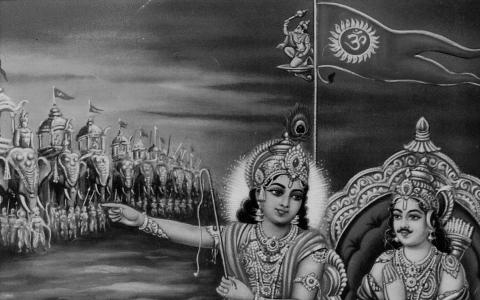
The epics and mythology of a culture deeply influence art and literature. This is pronounced in the case of India, as our heritage still has the unbroken, living tradition of the sublime epics and their fascinating stories. For close to three millennia, our culture has drawn inspiring themes from these perennial sources, thus perpetuating their metaphorically powerful and aesthetically elevating expressions. All art forms of India—irrespective...

The use of myth in ‘Saakshi’ also functions beautifully at another level by equating the mythical and magical power with the creative power of disinterested observation in an artist (novelist). This reminds me of what Coleridge says ‘’about the magical power of creativity, the power of an artist, in his poem ‘Kublakhan’:
‘That with music loud and long
I would build that dome in air,
That Sunny dome! Those caves of ice;
And all who heard should...
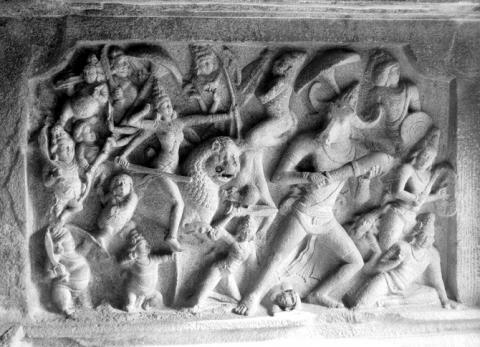
Myth has become a prominent term at present in literary criticism. A large group of writers, myth-critics like Robert Graves, Francis Ferguson, Maud Bodkin, Richard Chase, Northrop Frye, Joseph Campbell and others view the genres and individual plot patterns of many works of literature - including what appear on the surface to be highly sophisticated and realistic world, as recurrences of basic mythic formulas. As Northrop Frye puts it, "The...
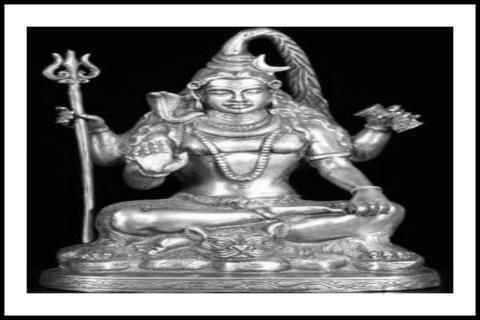
भूत्वा पौल्कसकात् प्रपद्य रजकानाभाष्य पौराणिकान्
गानस्थानमुपेत्य चाशुकरणानालिङ्ग्य नत्वा कवीन् |
वेश्यासद्मनि संप्रविश्य च गता वैद्यस्य पाणिग्रहं
भूयो हन्त ! सुवर्णकारसदने सानन्दमास्ते मृषा ||
Naḍimiṇṭi Maṅgaleśvara-śāstri wanted to get some gold jewellery made for his daughter’s marriage and faced a lot of problems with his goldsmith. After having completed the marriage ceremony with some difficulties, he wanted to get a golden idol of his...

The fourth part of this translation comprises the verses that are not found in the critical edition but are in the Chitrashala edition. Most of them are as elegant as the ones found in the critical edition. This episode appears in chapters 311-12 of the Chitrashala edition. The verses are not numbered so as to avoid confusion.
Yaksha
कोऽतिथिः सर्वभूतानां
किंस्विद्धर्मं सनातनम् ।
अमृतं किंस्विद्राजेन्द्र
किंस्वित्सर्वमिदं जगत् ॥
Who is the guest...
